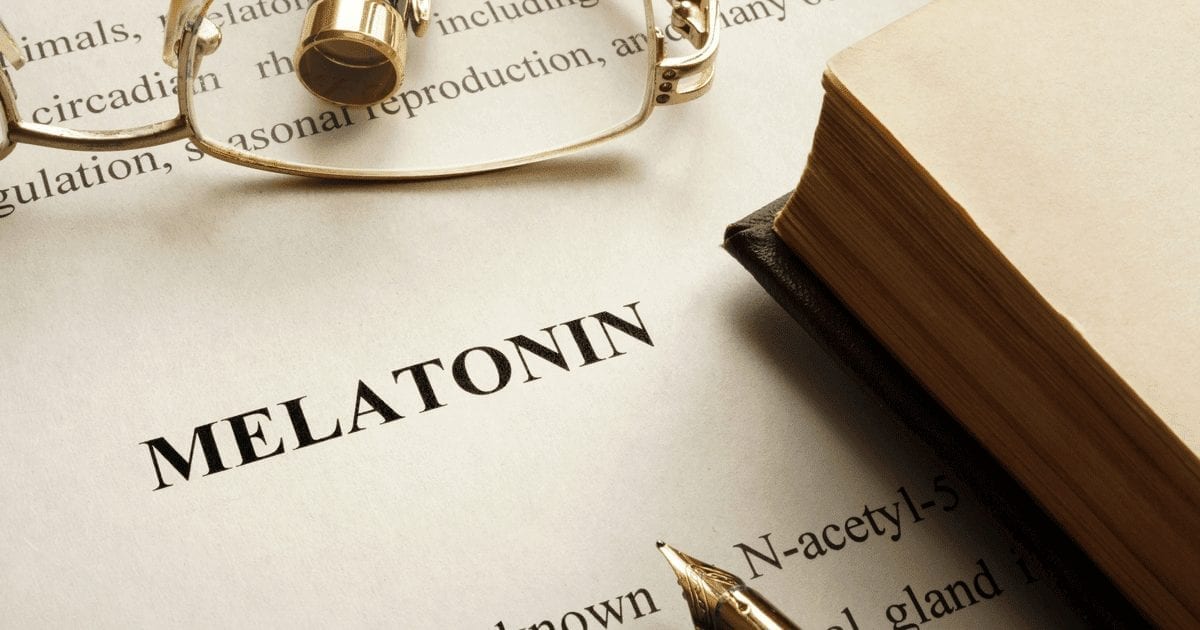Causes And Risk Factors Of Non-24-Hour Sleep-Wake Disorder
Insufficient Melatonin Production

Insufficient melatonin production can be the main cause or a contributing factor to an individual's development of non-24-hour sleep-wake disorder. Melatonin is a hormone produced from the amino acid tryptophan by the pineal gland in the brain. Melatonin helps link an individual's sleep to the day-night cycle. Once the circadian clock center in the brain senses it is nighttime, it stimulates the release of melatonin to make the individual feel drowsy. Even if an individual's ability to sense the time of day and relay it to the sleep-wake center in the brain is not impaired, they may still have non-24-hour sleep-wake disorder due to insufficient melatonin production. Any factor inhibiting the production and or metabolism of this hormone can result in dysfunction of an individual's circadian clock. Any patient affected by a neurodegenerative disorder may not be able to make enough melatonin, putting them at risk for developing non-24-hour sleep-wake syndrome. In addition, certain mutations in a patient's genes can cause a malfunction of the production of melatonin. In rare cases, a tumor that inhibits the proper production of melatonin can result in non-24-hour sleep-wake disorder too.